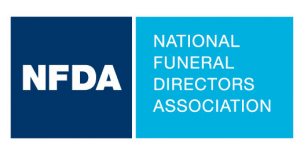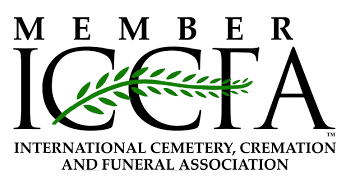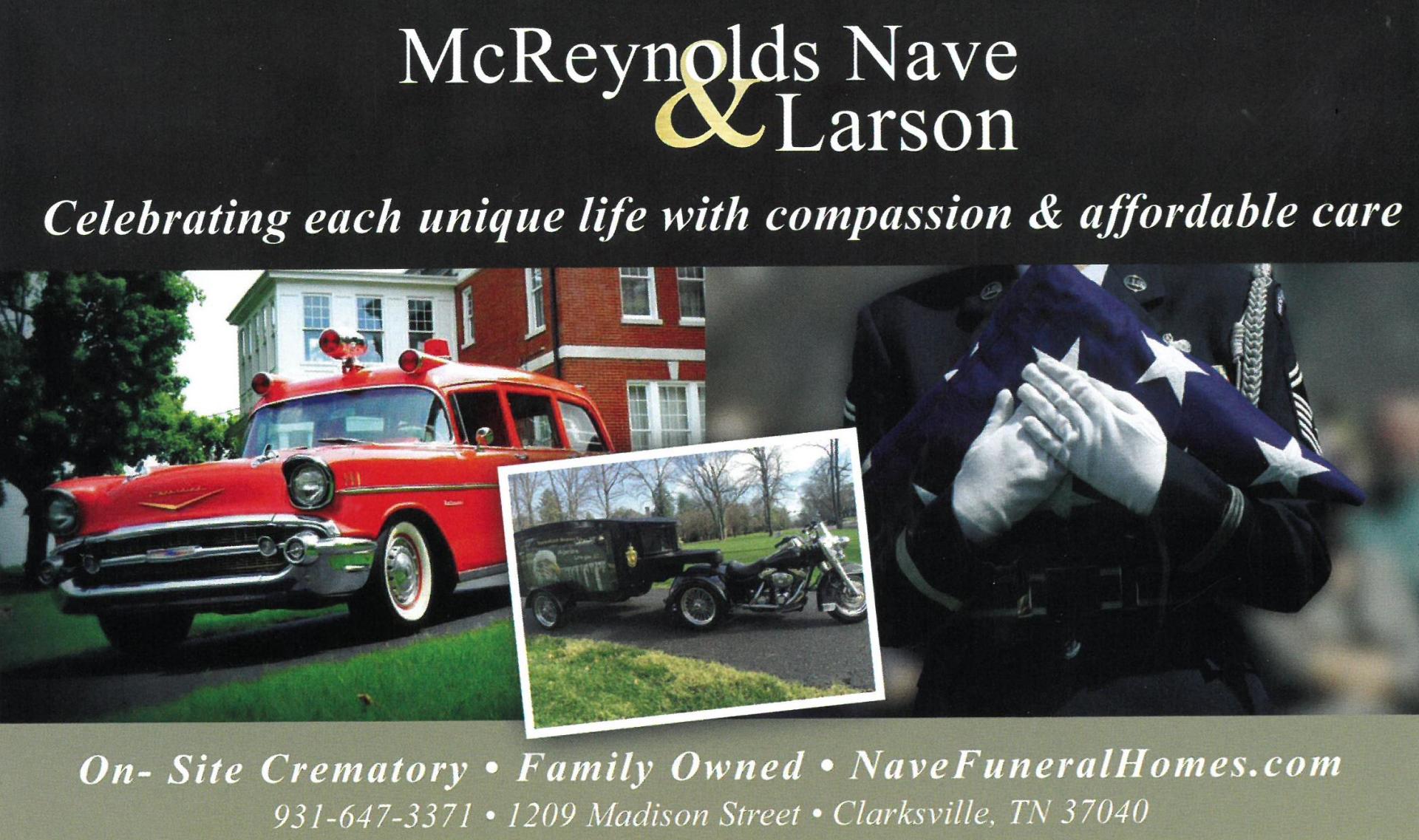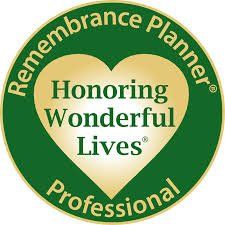Low Cost Funeral Services in Clarksville & Erin, TN
We have years of experience in this industry, and we take pride in offering families quality and affordable funeral services in Tennessee. We hope to help as many families in need as we can as their funeral service provider, and we promise to help each and every family member heal as they embark on their journey with grief. On this page, we have provided a breakdown of the traditional funeral process included in the services we offer as well as an overview of what a funeral is.
If you have any questions about our Clarksville & Erin funeral services, please feel free to contact us.
What Is A Funeral?
Yet, despite the differences, these funeral services have much in common. We invite you to read further to learn the really simple answer to the question "what is a funeral?" Should you have questions about what you read here, we encourage you to call us. One of our funeral professionals will be delighted to explore the commonalities behind the wide spectrum of funeral ceremonies seen around the world.
More Information About Our Clarksville & Erin Funeral Services
Anthropologists label a funeral as a rite of passage, which affects everyone involved–including the deceased. His or her social status changes dramatically, from a living contributing member of the community to one whose contributions are in the past, and relegated to memory. But the status of each of the survivors—the immediate family most especially—has also changed. In fact, the funeral service can be the start of a defined period of mourning for bereaved family members, marking this transition in a uniquely identifiable way.
4 Parts of a Funeral Service
All traditional funerals contain the same main components. We explain each component below:
Wake or Visitation
The purpose of a wake or visitation is to give people the opportunity to pay their respects to the deceased and the family. You often do not have this chance during the funeral service. The body is placed in a casket, and is either open or closed based on family preference. Often people say a short prayer by the casket then proceed to say their condolences to each family member. A good suggestion is to just say something simple to each family member such as "I am sorry for your loss", especially if there are a lot guests waiting to pay their respects.
Funeral Service
As opposed to the visitation, the purpose of the funeral service is to honor the life of the deceased, remember what he/she contributed to our lives, and to say a final goodbye to their presence. The funeral service can take place at the funeral home chapel, a church, or at the graveside/cemetery. Often prayers are said, hymns are sung, liturgy or religious passages are read, and the eulogy is given.
Comittal Service
After the funeral service has concluded, there is a vehicle procession to either the cemetery or the crematory depending on the type of disposition that has been chosen. If burial has been chosen, the family and guests will congregate at the open plot or mausoleum. The Rite of Committal, the final set of prayers are given for the deceased, is said at this component of a traditional funeral service.
Funeral Reception
Many families choose to have a social gathering after the committal service with food and refreshments. It is a chance for the family to thank guests for attending, and it is a chance for everyone to share memories and provide support to each other.
Our Complete Funeral Service Package
Providing Quality Funeral Services in Clarksville & Erin, TN
For families and individuals living in this region (as elsewhere in the nation), a funeral service can mean many things. Some fall back on what is commonly called a "traditional funeral"; others see that same traditional service as an emotionally unfulfilling event. Fortunately, thanks to a number of unique social forces, there are alternatives. Today, end-of-life commemorative services range from the traditional funeral, to a memorial service and the increasingly popular celebrations-of-life. If you have yet to realize the immense value of such a collective acknowledgement of loss, reach out to us. Call to speak with one of our experienced funeral service professionals.
Source:
Huntington, Richard and Peter Metcalf, Celebrations of Death: The Anthropology of Mortuary Ritual, Cambridge University Press, 1979
Rostad, Curtis, "The Basics of Funeral Service", Indiana Funeral Directors Association, 2014
McReynolds-Nave & Larson Funeral Home
1209 Madison Street
Clarksville TN 37040
Phone: 931-647-3371
Fax: 931-647-3313











